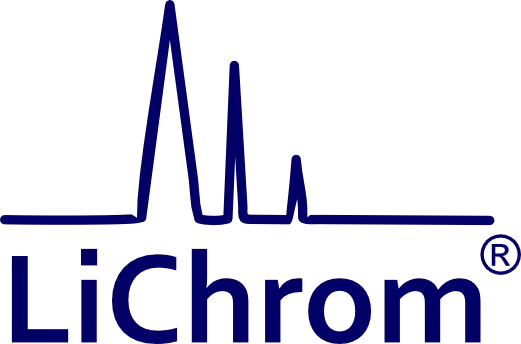High-Performance Liquid Chromatography
High-Performance Liquid Chromatography (HPLC) is a sophisticated analytical technique used for separating, identifying, and quantifying compounds in mixtures. It has wide applications in laboratories and industries, including pharmaceutical analysis, environmental testing, and food/beverage quality control. HPLC uses high-pressure pumps to propel solvent mixtures (the mobile phase) through a column packed with adsorbent material (the stationary phase). The separation mechanism relies on differential interactions between sample components and the adsorbent, resulting in different migration rates and effective separation. As the separated species exit the column, a detector captures signals, producing a chromatogram that plots intensity over time or volume. The chromatogram provides information about sample composition, with each peak representing a distinct component. Retention time and peak area indicate the identity and quantity of each compound. HPLC offers high precision and reliability, making it an indispensable tool where accurate compound identification and quantification are crucial.
